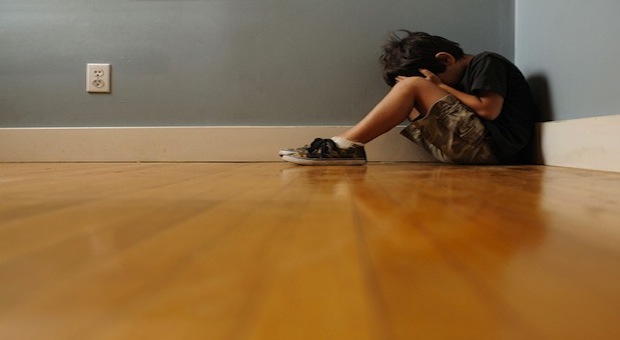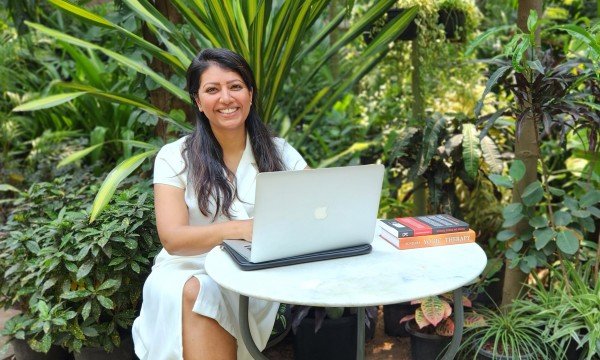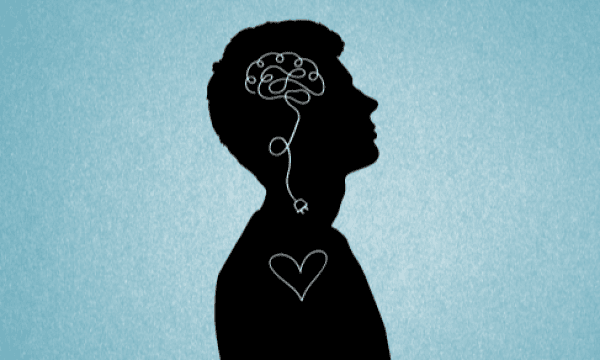
As cities around the world become increasingly multicultural, individuals are becoming more respectful of different cultural norms and religions. But does this acceptance and sensitivity towards cultural practices extend to mental illness and its treatment?
Although diverse communities exist within Western society, the services available to individuals do not always meet the needs of all people. Cultural-specific services are necessary, even within multicultural societies, because of the many barriers that exist. These include language barriers and cultural stigmas associated with mental illness.
Many families have turned to SAAAC in the hopes of finding support within a culturally sensitive environment. SAAAC provides support and treatment to children who have been impacted by Autism. By creating a space that is welcoming and safe, SAAAC facilitates discussions between families affected by Autism.
Culture-specific services help de-stigmatize mental illness, as it allows individuals to relate to others in their community who are struggling with similar challenges. SAAAC not only provides support to children with Autism, but also extends its support to families, with the belief that to improve the quality of life of the child, the family’s challenges and concerns need to be addressed as well.
So many families struggle with raising a child who has been diagnosed with Autism. However, the challenges and barriers are often unique to each individual. Sarah (name changed to maintain confidentiality) is a mother of two children, both of whom have been diagnosed with Autism. She is currently receiving support from SAAAC.
This is her story:
My children were born in Canada. From birth, my daughter did not sleep until she was 5 years old. I would be awake with her all night, carrying her and walking around. She would be in my arms for hours before she fell asleep. We did not recognize that she was not responding to her name. Meal times are always difficult. It takes three hours to feed her each meal.
My son was a bit different; he was aggressive. He would throw things around and hurt us when he was angry. You could never raise your voice at him. If you did, even in the slightest way, he would become very distressed. I was always busy taking care of my kids. I would give one a bath and then the other. Feed one and then the other. Take one to the washroom and then the other. It was tiring.
 After hearing about herbal treatments in other countries, I decided to move to see if these treatments would benefit my kids. We were there for five years. Those five years were very difficult for me. I was alone raising two children with Autism. As soon as we landed, my son refused to wear clothes. He did not wear clothes for a long time. He was violent and would hurt us. I would try and pull my daughter away from him, but she did not understand because she was non-verbal. They are both so strong.
After hearing about herbal treatments in other countries, I decided to move to see if these treatments would benefit my kids. We were there for five years. Those five years were very difficult for me. I was alone raising two children with Autism. As soon as we landed, my son refused to wear clothes. He did not wear clothes for a long time. He was violent and would hurt us. I would try and pull my daughter away from him, but she did not understand because she was non-verbal. They are both so strong.
After speaking to a friend about my struggles in raising my children, she suggested that we come to Toronto because of the diverse services available here. I called SAAAC because they provide services for the South Asian community, and I felt comfortable going to an organization that would understand my culture.
When we came to Toronto, my son was very violent. I was afraid for our safety. I had to admit him to the hospital and we were there for three months. SAAAC was there every step of the way. They helped me speak to the doctors, nurses and caseworkers. They also provided me with a better grasp of Autism and the options that were available to me.
I knew that I could not bring my son home and take care of both of my kids alone again. This is when I decided that I had to look in to group homes.
I do not have many people here. Some support my decision, while others do not. I want to let others know about my situation. The people in my community hide disabilities and do not share it with others. It is such a shame.
As a South Asian woman, I did not have time to get to know my spouse. We had our kids right away and we did not understand each other. When you get married, you have to share the responsibilities. You need help when you have children; it is very hard to take care of two children who have Autism all alone. In my community, especially among the older generation, they believe that the mother is responsible for everything at home. If anything goes wrong, the mother is always blamed. It is very difficult. I get blamed for the way my children are.
During the interview, a phone call was received from the son’s group home. He had bitten someone at the home, was restrained for 20 minutes, handcuffed and taken to a hospital. The mother, who does not drive, was now arranging for transportation to the hospital with her daughter.
* * * * *
The pain and reality of taking care of a child with an illness never ends, even when the child is no longer under the parents’ custody. Sarah has endured countless challenges in her life, and still she finds the strength to keep being the best mother that she can possibly be. She is truly an inspiring woman.
 Although many in the South Asian community may question Sarah’s decision to put her son in a group home, we need to understand and accept that she had made the best decision for her family. We often fail to put ourselves in the shoes of others. It is so easy to stand on the sidelines criticizing, judging and questioning one’s parenting. However, we must never underestimate the challenges in people’s lives. We must instead educate ourselves to better understand what it is like to raise a child with an illness.
Although many in the South Asian community may question Sarah’s decision to put her son in a group home, we need to understand and accept that she had made the best decision for her family. We often fail to put ourselves in the shoes of others. It is so easy to stand on the sidelines criticizing, judging and questioning one’s parenting. However, we must never underestimate the challenges in people’s lives. We must instead educate ourselves to better understand what it is like to raise a child with an illness.
With the support of SAAAC – a culture-specific service for those impacted by Autism – Sarah was able to access services that she may have not been able to receive with standard Western agencies. Experiences and barriers are unique to specific groups, and having access to culture-specific services enables individuals to overcome barriers and find hope.

























